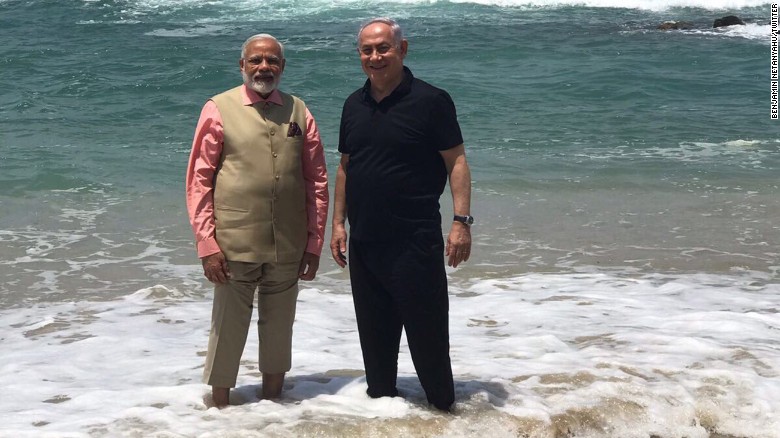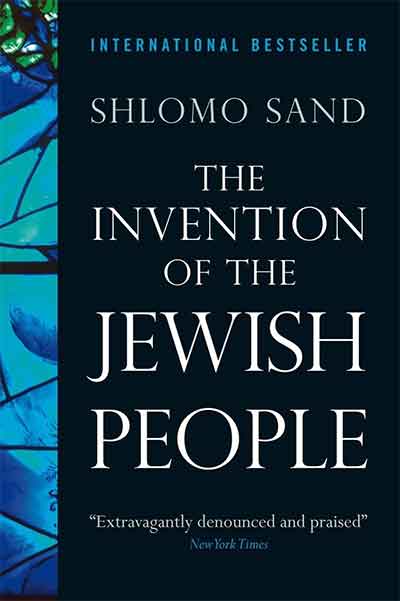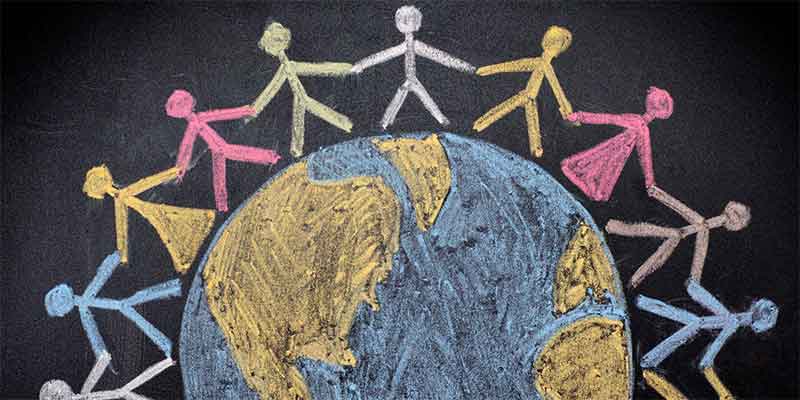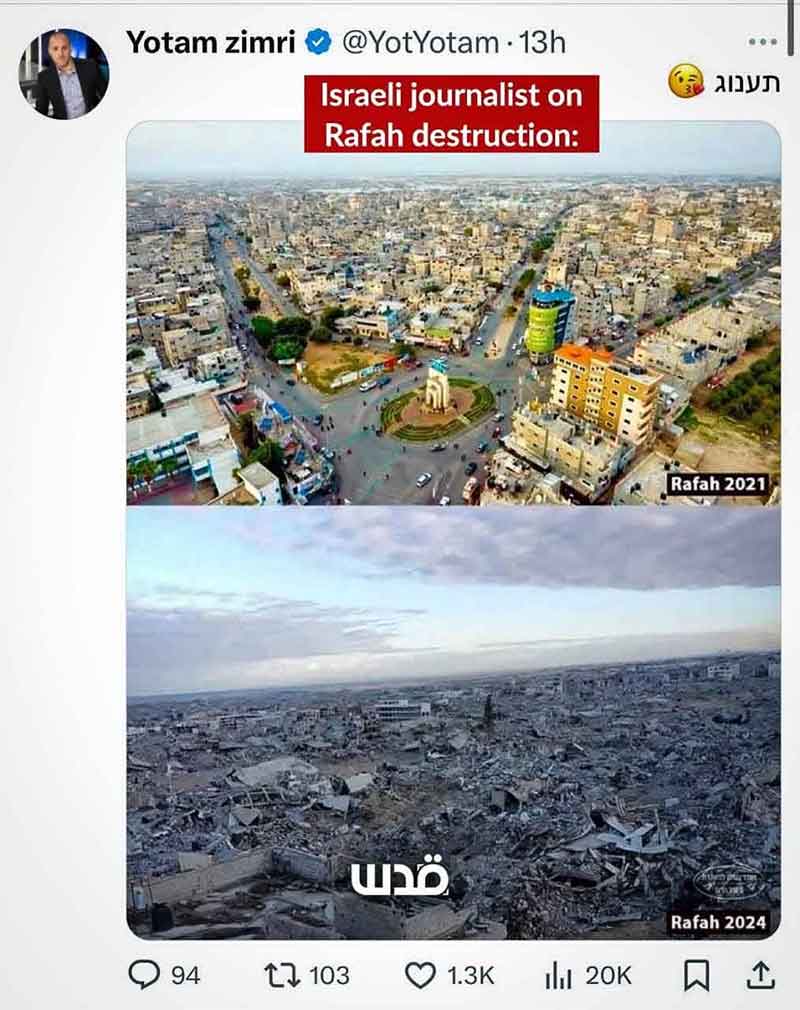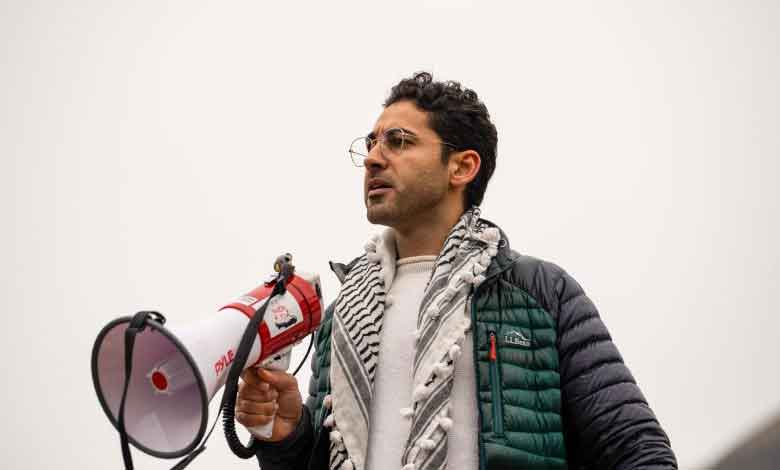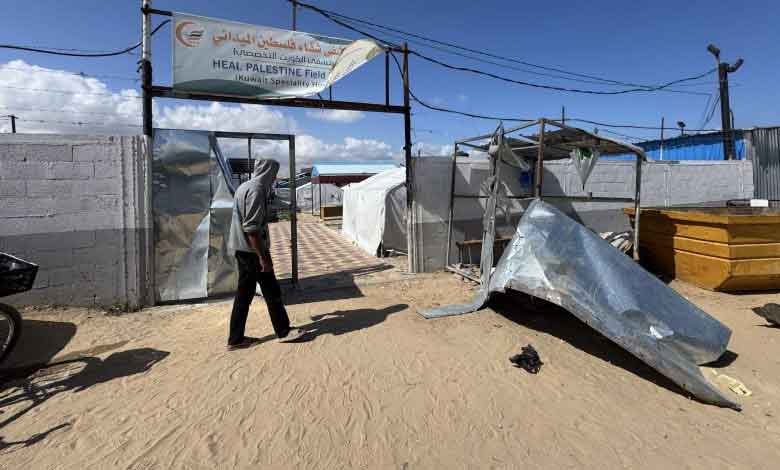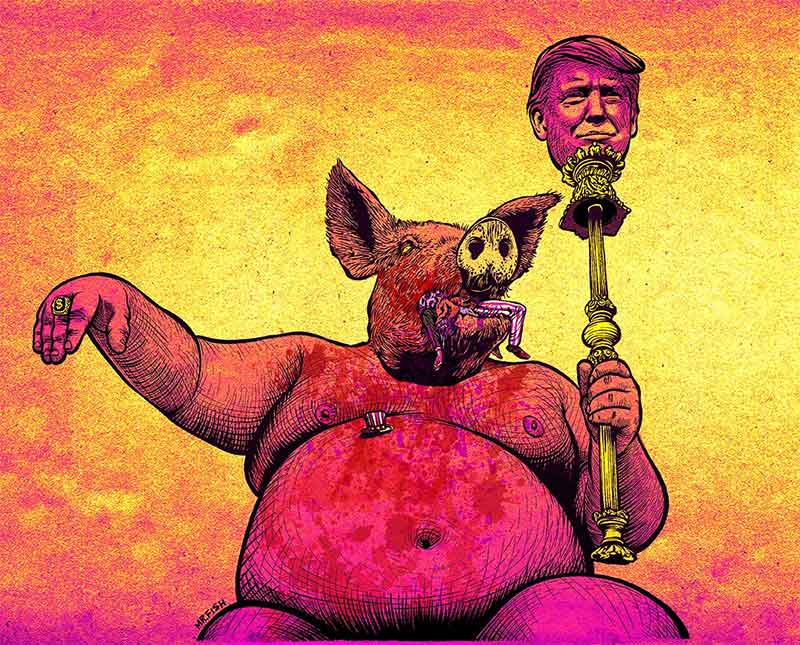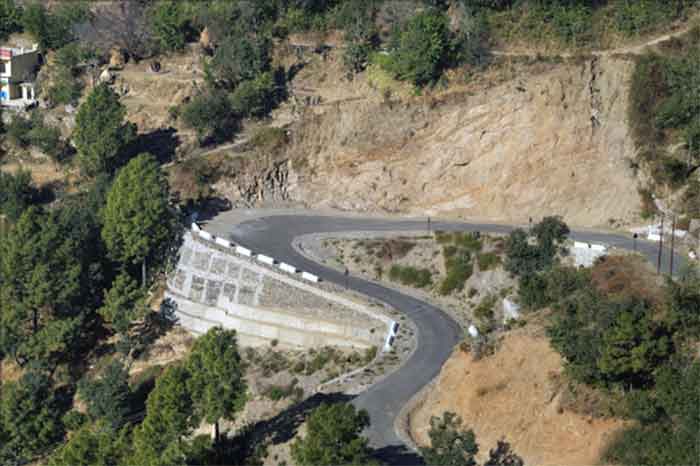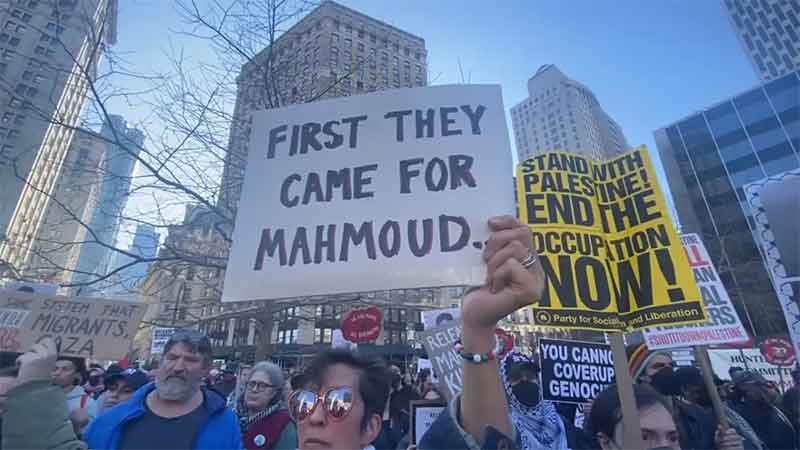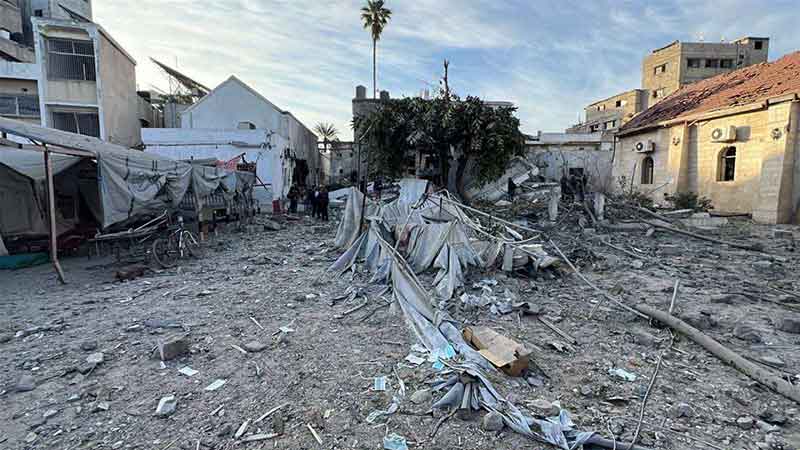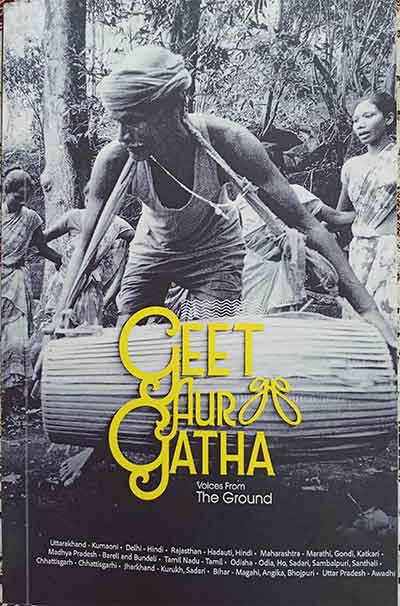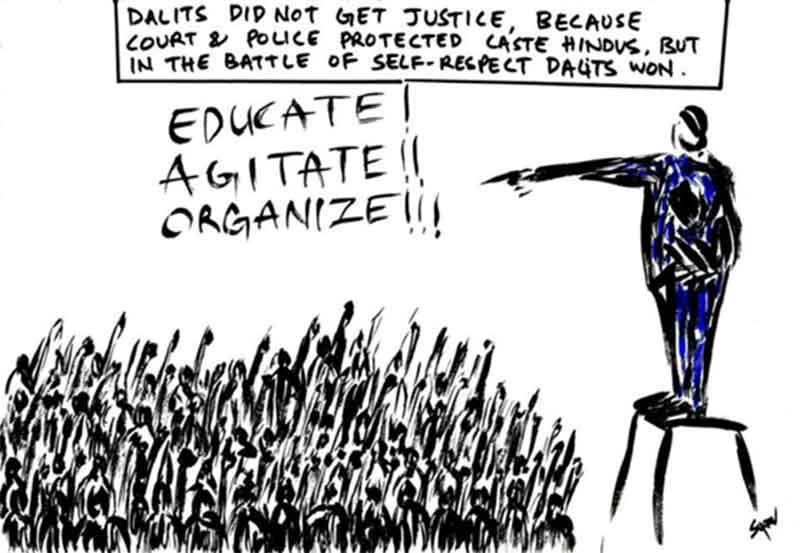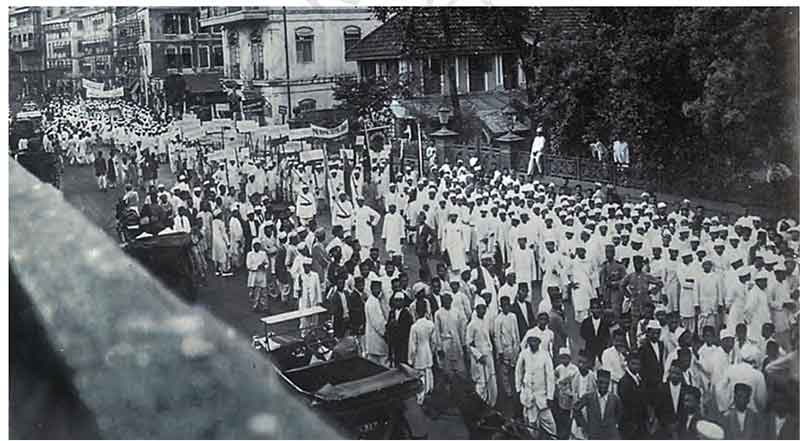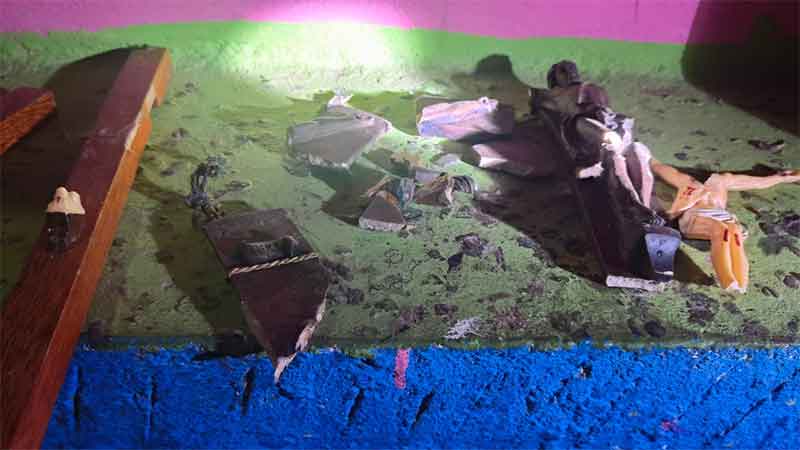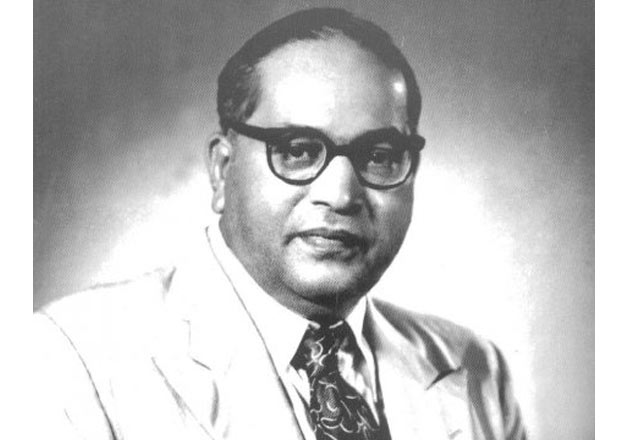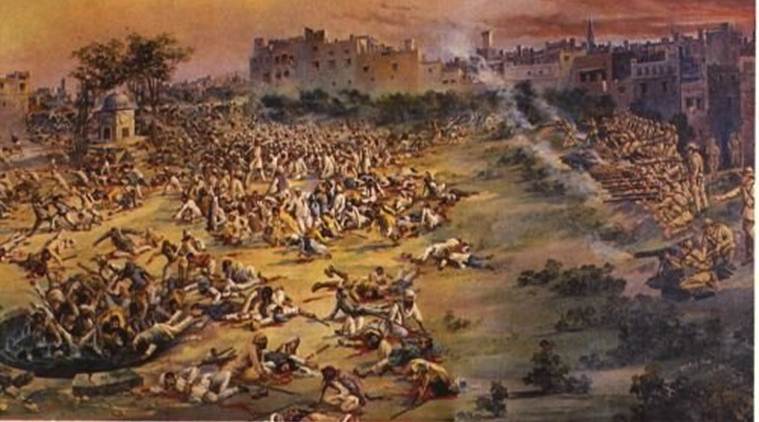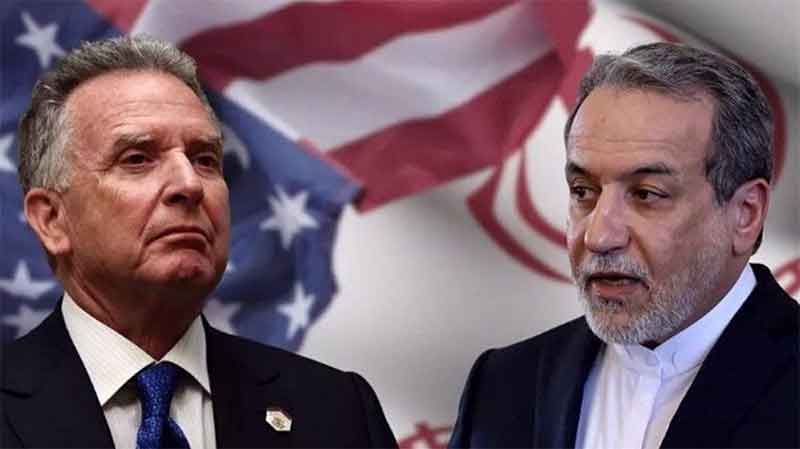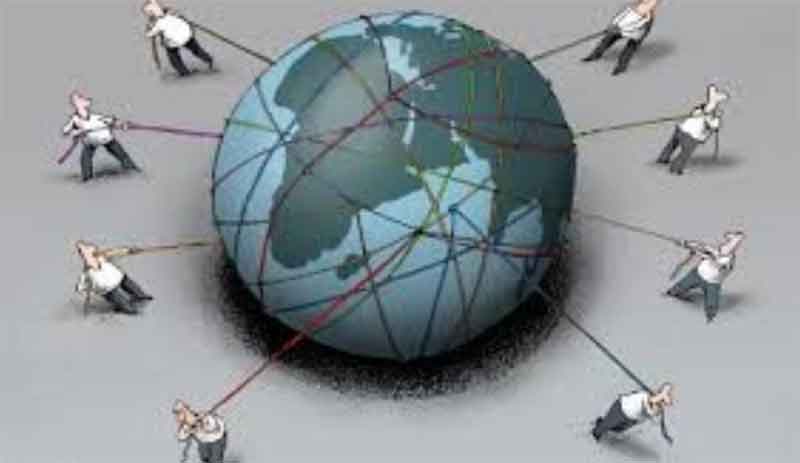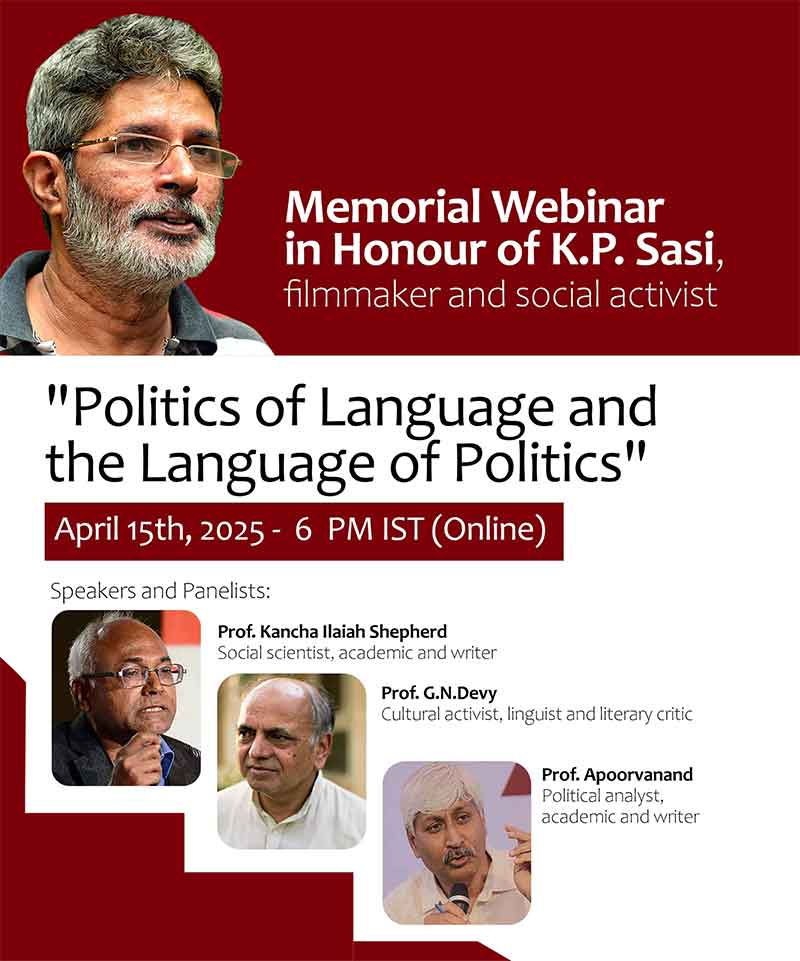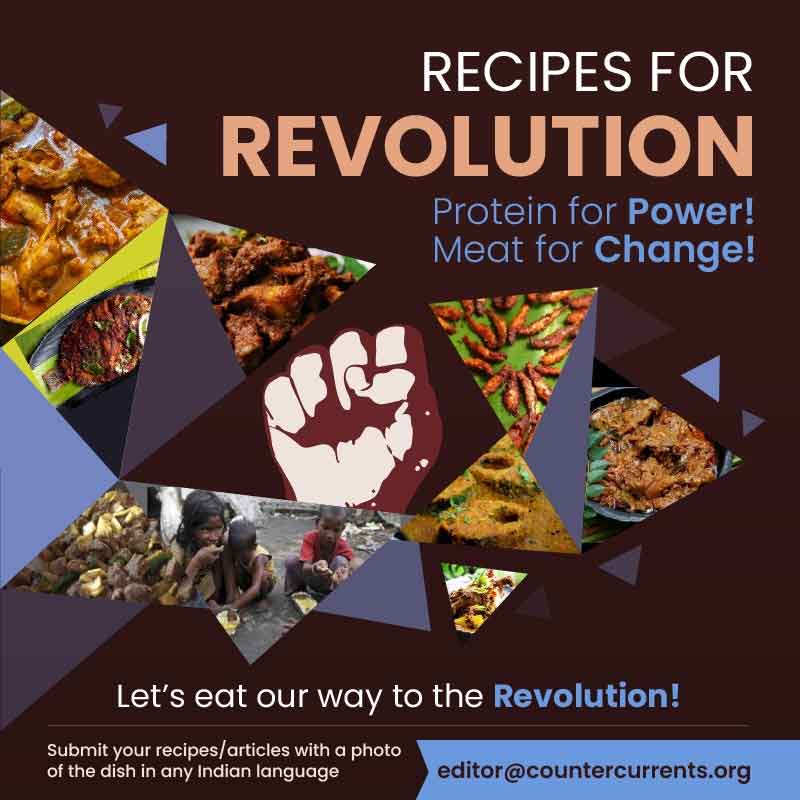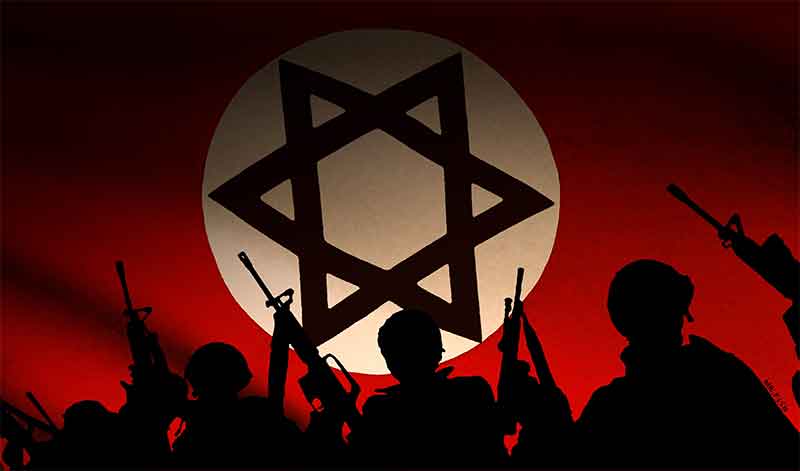
“Those who control the past control the future, and those who control the present control the past,” wrote George Orwell (1903-1950), emphasizing how power shapes historical narratives. These words highlight the manipulation of knowledge as a political tool.
In a lecture delivered at the Sorbonne in France in 1887, the prominent thinker Ernest Renan (1823-1892) observed that “forgetting” plays a crucial role in the construction of a nation. Renan argued that even if certain ethnic or religious groups are exterminated to create a uniform narrative, their memory is erased. He termed this the “diplomatic amnesty of the state.” (1)
State-sponsored narratives frequently conceal inconvenient truths. Atrocities committed by the state are gradually hidden under layers of reinterpretations — a form of intentional amnesty. When such policies become systematic, past injustices are mythologized, and historical crimes are erased from collective memory. This occurred with the genocide of indigenous African populations during colonial expansion, which has largely been obscured from public consciousness.
A similar erasure is evident in the expulsion of approximately 700,000 Palestinians during the creation of modern Israel in 1948. The widely promoted Zionist myth that Palestine was “a land without a people for a people without a land” effectively concealed this forced displacement. As American Jewish scholar Norman Finkelstein has noted, the creation of Israel was far from a “holy birth,” contrary to popular narratives. (3)
Propaganda thrives on selective amnesia, often bolstered by political alliances. The strong relationship between Israel and the United States has enabled the mainstreaming of Zionist narratives in American media. Israel is often described as the “51st state” of the United States — yet unlike actual states, Israel pays no taxes to Washington while receiving approximately $10 million in daily U.S. aid, the highest foreign aid allocation given to any nation.
This extraordinary financial support is justified by claims that Israel is “our only democratic partner” in the Middle East. Yet Israel’s self-identification as a “Jewish state” excludes equal rights for non-Jewish citizens. This contradiction undermines its democratic claims.
The Nakba (“Catastrophe”) — the term Palestinians use to describe their forced displacement — resulted in the brutal expulsion of over 750,000 Palestinians in 1948. Approximately 86% of Palestine’s indigenous population was subjected to murder, torture, or displacement. To create the Jewish state, 531 Palestinian villages and towns were systematically destroyed. Israeli historians such as Simha Flapan, Benny Morris, Avi Shlaim, Ilan Pappé, Mark Ellis, and Michael Lerner have meticulously documented these atrocities, exposing the support provided by imperialist-colonial powers. (4)
The displacement, torture, and genocide of Palestinians remain among the most egregious violations of human rights in modern times. According to United Nations Resolution 194, displaced Palestinians have the legal right to return to their homeland. However, Israel continues to violate this right through practices such as arbitrary arrests, detention, torture, and unfair trials. The persistent failure of Western nations to implement this UN resolution reflects systemic racism and religious bias in global politics.
Similarly, United Nations Resolution 242 (1967) requires Israel to withdraw from territories it occupied in the Six-Day War, which had tripled its size since 1948. This directive was reaffirmed in Resolution 338 (1973), yet Israel continues to defy these legal obligations. (5)
Criticism of Israeli policies is frequently silenced by accusations of “anti-Semitism.” Even Jewish critics who oppose Zionist nationalism are dismissed as “self-hating Jews.” Such tactics aim to suppress legitimate criticism by conflating opposition to Israeli aggression with hostility toward Judaism itself.
In the United States, open criticism of Israeli policies is notably restricted, mirroring censorship even within Israel itself. Increasing evidence suggests that American foreign policy has become deeply intertwined with Zionist objectives, prompting observers to describe the U.S. as a colonial extension of Israel.
The Reality of Gaza, Apartheid, and Zionist Expansionism
Israel has transformed Gaza, home to 1.4 million Palestinians, into what is widely described as the world’s largest open-air prison. In 2008, during Operation Cast Lead, Israeli attacks resulted in the deaths of 1,417 Palestinians, including a significant number of innocent civilians. The assault also destroyed 3,354 homes, 280 schools and kindergartens, along with numerous mosques, wells, and hospitals. Given that Hamas lacks an army, navy, or air force, Israeli aggression cannot be classified as a “war.”
U.S. support for Israel — amounting to $10 million in daily aid — implicates Washington in these atrocities. While the U.S. remains vocal about Iran’s nuclear ambitions, it remains notably silent regarding Israel’s extensive nuclear arsenal.
Twice in history, U.S. presidents have threatened to withhold financial aid to curb Israeli aggression. In 1956, when Israel invaded the Sinai Peninsula and Gaza Strip, President Dwight Eisenhower threatened to cut foreign aid, prompting Israel’s swift withdrawal. Similarly, in 1989, President George H.W. Bush warned that if Israel continued constructing settlements in Jerusalem and Bethlehem, financial support would be reduced significantly. This pressure led Israeli Prime Minister Yitzhak Shamir to halt construction temporarily. (6)
However, the settlement expansion resumed shortly after Bush left office and continues to this day. Israel’s refusal to comply with diplomatic appeals underscores its reliance on force. History suggests that Israel only yields when financial pressure is applied.
Although Barack Obama, seen as a potential mediator in the Israel-Palestine conflict, assumed office in 2008, he ultimately proved ineffective in challenging Zionist aggression. Consequently, Palestine’s territorial integrity has continued to shrink.
Israel’s apartheid policies are increasingly evident. Former Israeli Prime Minister Ehud Barak stated in an interview with The Jerusalem Post that if Israel wished to remain a “Jewish state,” Arabs must be denied voting rights — an explicit endorsement of apartheid. (7) Israel has implemented these discriminatory policies by strictly restricting the movement of Palestinians in Gaza and East Jerusalem.
According to The Economist (May 2008), Israeli settlers and soldiers control 40% of the West Bank. The World Bank further reports that Israeli settlers monopolize 80% of the West Bank’s water resources. Consequently, the 2.5 million Palestinians in the region endure severe economic and legal apartheid. (8)
Contrary to popular belief, Arab states have expressed readiness to normalize relations with Israel. In March 2002, all 22 members of the Arab League formally recognized Israel’s right to exist and proposed peace based on mutual recognition and withdrawal from occupied territories. This call was echoed by the 57-member Organization of the Islamic Conference in April 2002 — with Iran’s delegation also offering support, provided Israel adheres to UN Resolutions 194, 242, and 338, which mandate a return to the 1967 borders. (9)
Despite these peace offers, Israel’s ethno-nationalist agenda continues to prioritize expansionism over diplomacy. Zionism’s aggressive stance directly contradicts key principles of Judaism.
The Bible offers clear moral and ethical guidance that rebukes the violent methods embraced by Zionist nationalism:
• “I call heaven and earth to witness against you today that I have set before you life and death, blessing and curse. Choose life, that you and your descendants may live” (Deuteronomy 30:19).
• “Righteousness will dwell in the fruitful field, and the fruit of righteousness will be peace” (Isaiah 32:17).
• “Hear this, O heads of the house of Jacob, and rulers of the house of Israel, that abhor justice, and make all that is straight crooked: that build up Zion with blood, and Jerusalem with iniquity” (Micah 3:9-10).
• “Not by might nor by power, but by my Spirit,” says the Lord Almighty (Zechariah 4:6).
The persistent bloodshed and oppression fuelled by Zionist nationalism contradict these teachings. The ongoing violence has suppressed the voices of peace and justice, yet the world still awaits the moral leadership of those committed to Jesus’ teachings as the Prince of Peace.
Bibliography
1) Ernest Renan, What is a Nation? in Nation and Narration (Ed: Homi K. Bhabha), Routledge: New York, 1990, p.11
2) Alexis Dudden, “The Politics of Apology Between Japan and Korea”, In Truth Claims: Representation and Human Rights (Ed: Mark Philip Bradley and Patrice Petro), Rutgers University Press: New Jersey, 2002, p.73
3) Marc H. Ellis, Judaism Does Not Equal Israel, The New Press: New York, 2009, p.95
4) Marc H. Ellis, Ibid, p.91-95
5) Jimmy Carter, Palestine: Peace Not Apartheid, Simon Schuster: New Jersey, 2006, p.1-10
6) Jimmy Carter, We can Have Peace in the Holy Land, Simon & Schuster: New York, 2009, p.45-47
7) Jimmy Carter, Ibid, p.165
8) Jimmy Carter, Ibid, p.147-148
9) Jimmy Carter, Ibid, p.61
V.A. Mohamad Ashrof is an independent Indian scholar specializing in Islamic humanism. With a deep commitment to advancing Quranic hermeneutics that prioritize human well-being, peace, and progress, his work aims to foster a just society, encourage critical thinking, and promote inclusive discourse and peaceful coexistence. He is dedicated to creating pathways for meaningful social change and intellectual growth through his scholarship. He can be reached at [email protected]


